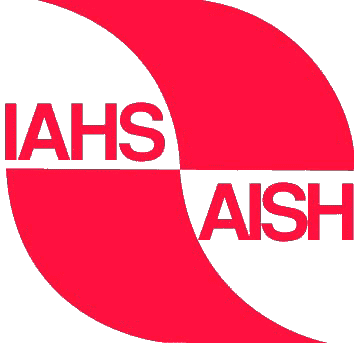 |
IAHS 90th ANNIVERSARY |
 |
PUB SYMPOSIUM 2012
back
Theme 2: Conceptualization of process heterogeneity - Tuesday, October 23, 2012
Convener: Günter Blöschl ([email protected])
Co-conveners: Stefan Uhlenbrook, Erwin Zehe, Doerthe Tetzlaff ([email protected]; [email protected]; [email protected] )
This session solicits papers that demonstrate innovative ways to improve our understanding of
process heterogeneity and approaches to conceptualise the structure, function and behaviour of
catchment systems in different climatic and geomorphic provinces. Particular attention will be
given to new approaches for advancing (i) multi-scale catchment monitoring, (ii) encapsulating
spatial scale issues, describing non-linearities and emergence of processes, and (iii) developing
and establishing geographically and climatically transferable approaches of process and systems
conceptualisation.
The space-time variability of dominant hydrological processes and interactions between
vegetation, soils and substrate, snow/ice, atmosphere and riverine ecosystems will be investigated
and characterised through detailed process studies. Conceptualisation approaches ranging from
simple qualitative conceptual diagrams and mapping tools to increasingly complex numerical
approaches in physical models will be considered. Natural isotopic and geochemical tracers
provide insight into the hydrological functioning of larger catchments and are particularly useful
in upscaling studies as their dynamics in natural waters reflect the integration of process
interactions at fine spatial and temporal scales.In this way, tracers offer insight into the
'averaging' which characterises the emergent functioning of hydrological systems at larger spatial
and temporal scales and will play an important role within session focussing on the PUB theme 2.